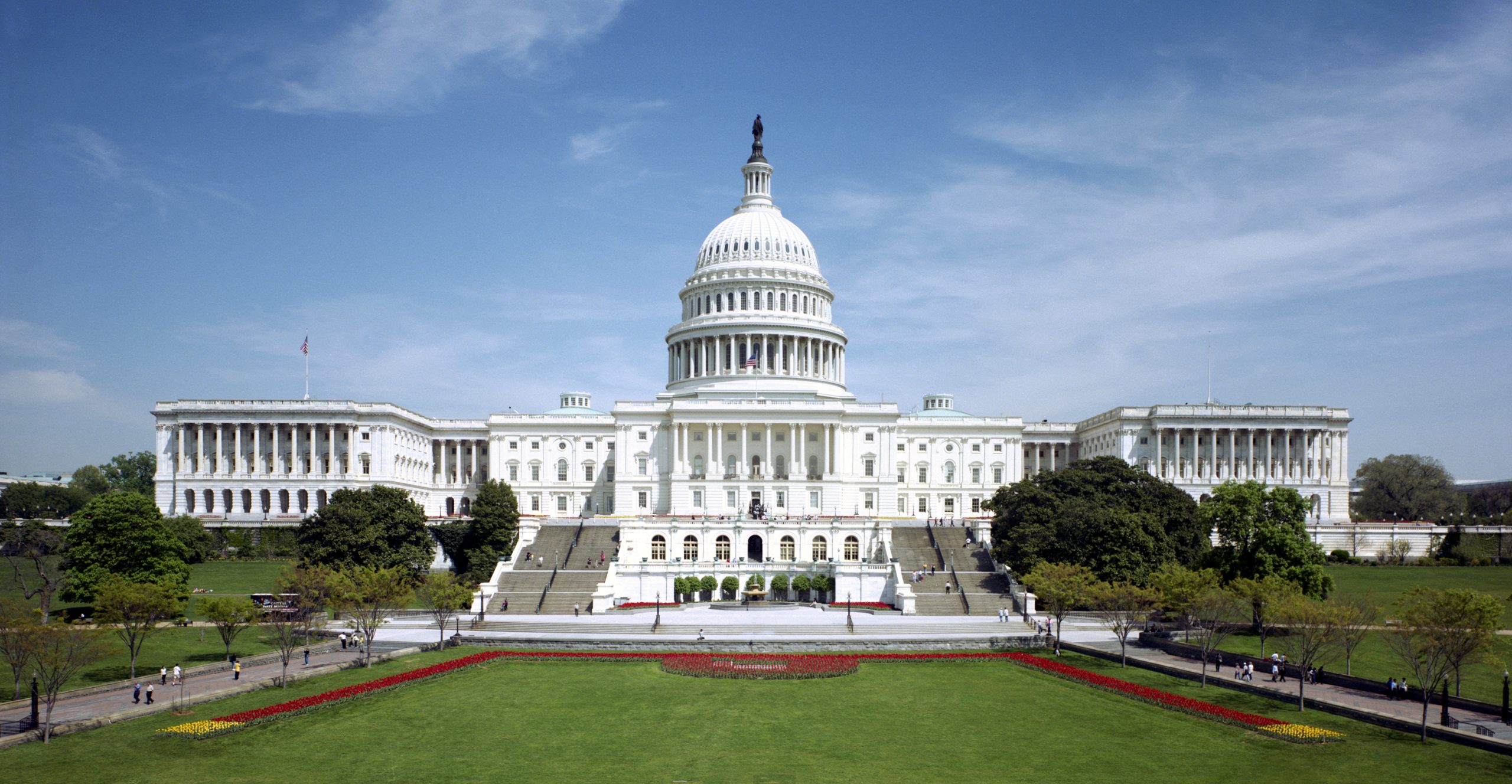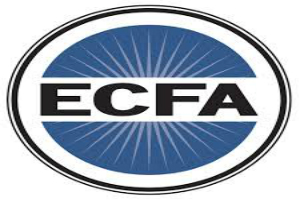Nonprofit leaders are not expecting much after last night’s mid-term elections. Action will probably be as gridlocked as the Washington, D.C. beltway at 4 p.m. on a Friday.
Democrats took back control of the U.S. House of Representatives and it looks as if Republicans strengthened their slim majority in the U.S. Senate, according to Tuesday night’s preliminary returns. Divided government is likely to mean more gridlock on the federal level after two years of complete Republican control.
David Thompson, vice president of public policy at the National Council of Nonprofits, fully expects gridlock given the divided branches of government. “That isn’t a necessarily a terrible thing, especially on big issues,” he said, since nothing big can get through via reconciliation.
Thompson is optimistic about repeal of unrelated business income tax (UBIT) on transportation benefits, which has bipartisan support. The UBIT for nonprofits was included as part of the tax reform package approved in December 2017. It’s possible it could be repealed next year as part of a tax package when technical corrections must be made, he said.
Gridlock will mean that less will have to be done at the federal level, Thompson said, and instead more focus on the states. “It’s incumbent on nonprofits to tell their story,” he said.
“Bipartisan organizations like ours and other charities — we always tend to fare well under divided government,” said Neal Denton, senior vice president, chief government affairs officer for The Y.
With divided government, the work in statehouses across the country will continue to have significant importance, Denton said. Local charities and regional affiliates of national charities have an important role in ensuring strong relationships with new governors and new state legislatures, he said.
Denton expects more division in the coming two years leading up to the 2020 campaigns, making it imperative for charities to retain their bipartisan voice and work with local, state and federal legislators to shape public policies.
Steve Taylor, senior vice president of public policy for United Way Worldwide, suggests that charities focus their priorities and their voice. “Not a lot gets done, but some things get done,” Taylor said of divided government, a common occurrence in America.
United Way will focus on funding for early learning, expanding the Earned Income Tax Credit (EITC), reauthorization of the Supplemental Nutrition Assistance Program (SNAP), and expansion of charitable giving incentives to middle- and lower-income donors. “A lot of these things can happen in this Congress but charities have to focus on key policies and can’t get distracted by politics, which are likely to escalate,” he said.
“If as a sector we go to Congress with 20 priorities, we’re not likely to get anything done. For example, it’s going to be very important that we have a unified position and message on things like the universal charitable deduction,” Taylor said.
With Democrats set to take over control of the House next year, with as much as a 230-205 advantage, ranking members of committees in this Congressional session are expected to be elevated to chairmanships in 2019. They include:
- Richard Neal (D-Mass.), a former mayor of Springfield, Mass., is expected to become chairman of the House Ways and Means Committee, succeeding Kevin Brady (R-Texas). Brady played a key role in the 2017 tax reform legislation.
- Nita Lowey (D-N.Y.) is expected to become the first woman to chair the House Appropriations Committee, succeeding Rodney Frelinghuysen (R-N.J.), who did not seek re-election.
- Jerrold Nadler (D-N.Y.) is expected to become chairman of the House Judiciary Committee. He became ranking member after John Conyers (R-Mich.) resigned earlier this year.
- Rep. Elijah Cummings (D-Md.) will become chairman of the House Committee on Oversight and Government Reform, which oversees postal reform.
Cummings has been a strong proponent of postal reform legislation, including the current bill in the committee (H.R. 6076), according to Stephen Kearney, executive director of the Alliance of Nonprofit Mailers (ANM).
One question for the postal community, Kearney said, is whether that committee’s focus on investigating the Trump administration will crowd out postal legislation that has not been moving with previous GOP control.
The President’s Task Force on the United States Postal System is expected to release recommendations by the end of the year, which should include both administrative and legislative remedies for the United States Postal Service (USPS). “The Democratic takeover of the House reduces the chances for legislative changes, but we have thought that the administrative reforms are more likely to happen anyway.”










